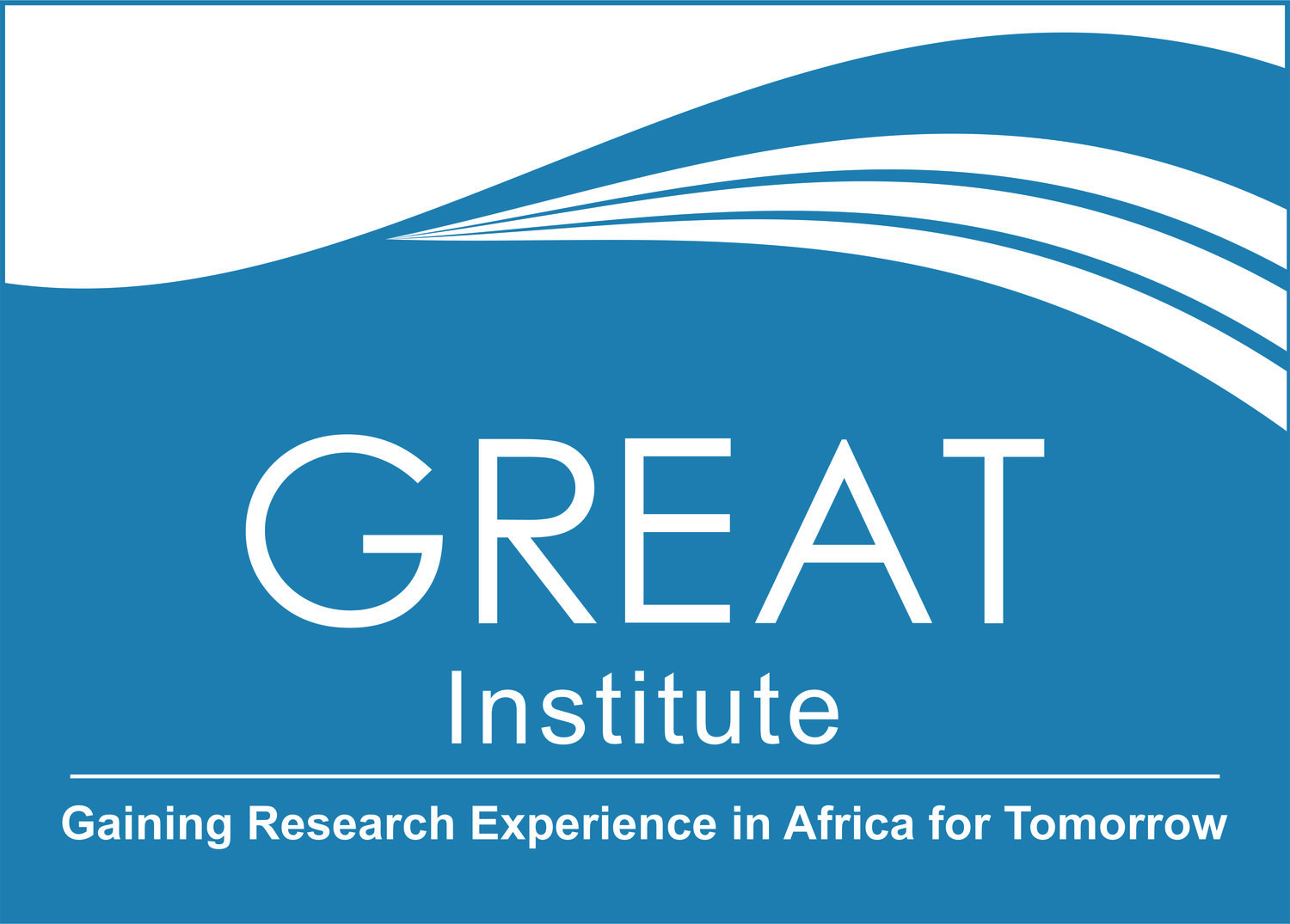Rising sea levels pose a significant threat to the lives of over 900 million individuals living in low-lying coastal regions. The Gambia's 80 km coastline is essential for both food production and economic activities. A potential rise of 1.5 metres in global sea levels could inundate Banjul, the capital city. Therefore, grasping the science behind sea level rise is essential.
Sea level rise refers to the increase in the total volume of ocean water and can be classified into two categories:
Global Mean Sea Level Rise: This is measured from a fixed point, such as the Earth's centre.
Relative Sea Level Rise: This is measured to a specific piece of land, often at a local scale.
Global warming drives sea level rise through two primary mechanisms: the melting of glaciers and polar ice sheets, and thermal expansion. The melting of glaciers and polar ice sheets contributes to an annual increase of 3mm in global sea level, with an average of 318 gigatons of ice melting per year from Greenland and Antarctica between 2006 and 2020.
Thermal expansion occurs as ocean water warms and expands. The ocean absorbs 90% of the excess heat caused by greenhouse gases, with the upper 700 metres warming since the 1970s. Currently, thermal expansion accounts for one-third of the global sea level rise since 2004.
For The Gambia, rising sea levels continue to be a significant worry, as half of the country's total land area is situated less than 20 metres above sea level and about 33% of the country is 10 metres above sea level. We need to understand and begin supporting practices that will help slow down global warming.
Source : The Gambia 2050 Climate Vision-MECCNAR.pdf (gov.gm)
Source: https://www.weforum.org/agenda/2024/07/rising-sea-levels-global-threat/
Source: https://www.science.nasa.gov/science-research/earth-science/rising-waters/
~Tayeb Jasseh




















